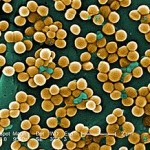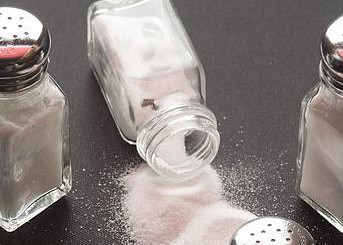
 Doctors spend a lot of time recommending diet and exercise for weight loss. If you’re my patient, unless you’re quite fit, you've probably heard me ask you to exercise more and eat less. There is good reason for this. Many short term studies hav...
Doctors spend a lot of time recommending diet and exercise for weight loss. If you’re my patient, unless you’re quite fit, you've probably heard me ask you to exercise more and eat less. There is good reason for this. Many short term studies hav... 
 Doctors spend a lot of time recommending diet and exercise for weight loss. If you’re my patient, unless you’re quite fit, you've probably heard me ask you to exercise more and eat less. There is good reason for this. Many short term studies hav...
Doctors spend a lot of time recommending diet and exercise for weight loss. If you’re my patient, unless you’re quite fit, you've probably heard me ask you to exercise more and eat less. There is good reason for this. Many short term studies hav... 

“Love is a burning thing And it makes a fiery ring” -- Johny Cash
 On Valentine’s Day some think of chocolate, or wine, or flowers. Physicians think of sexually transmitted infections (STIs). This week with perfect timing, the Centers for D...
On Valentine’s Day some think of chocolate, or wine, or flowers. Physicians think of sexually transmitted infections (STIs). This week with perfect timing, the Centers for D...